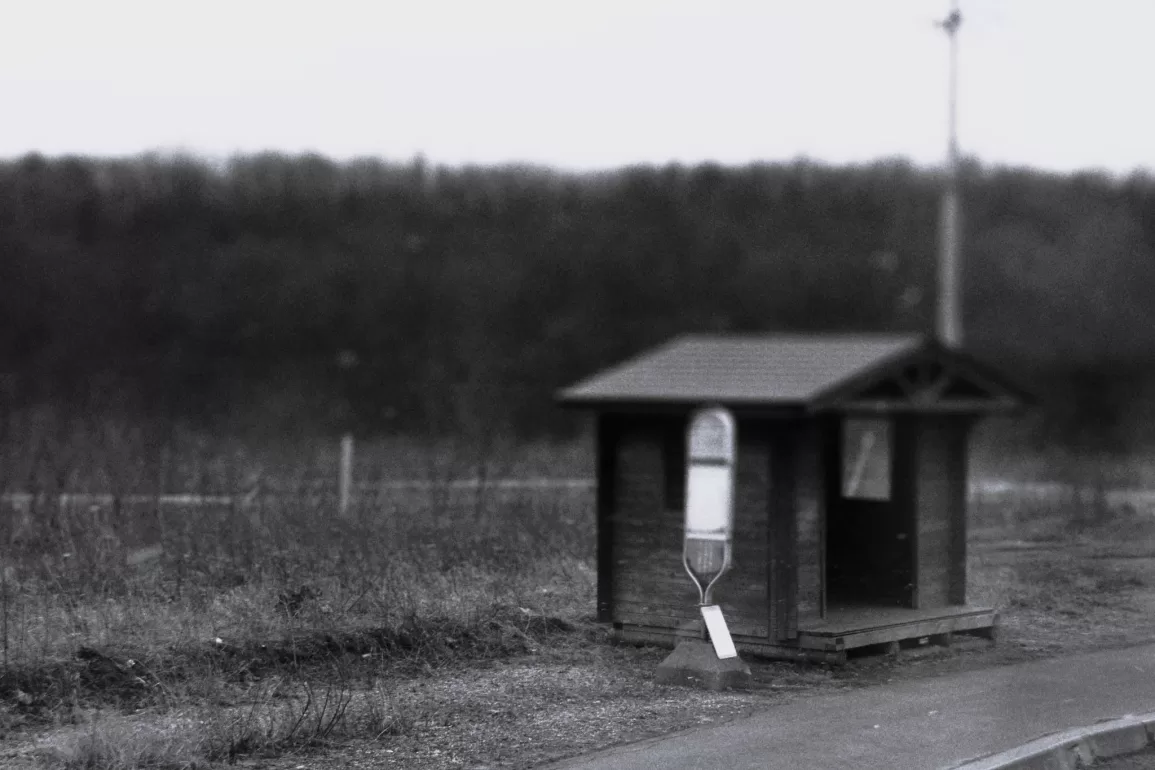The rain is a hell of a thing. It can bring us back to memories of the past, those memories which can only be reactivated via the affectation of a dreary day or a wet August morning. For me, it brought back only one memory, the only one that has ever truly haunted me. Some people say that their life is full of regrets but for me I only really have one. Back in the nineties when I was attending...

